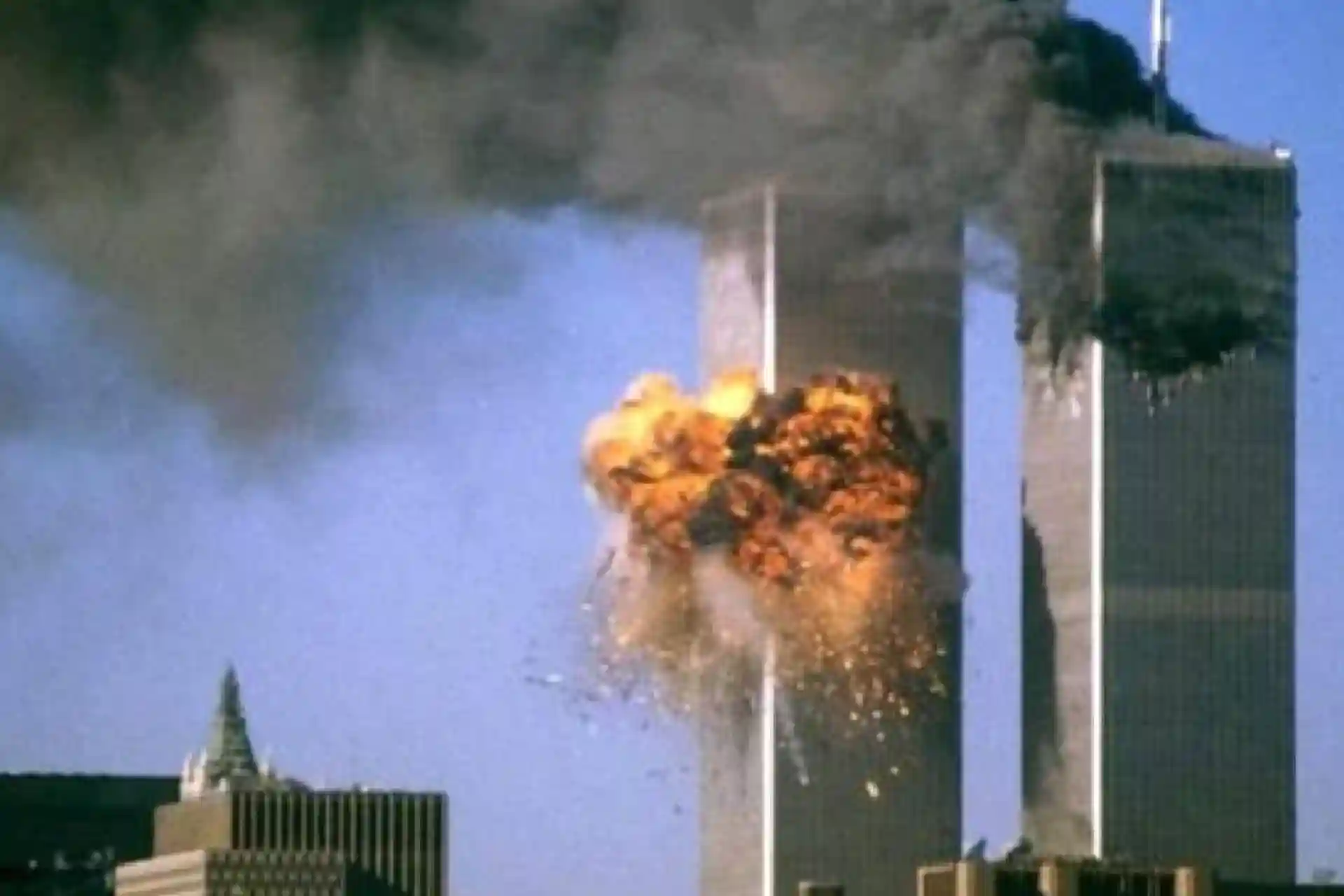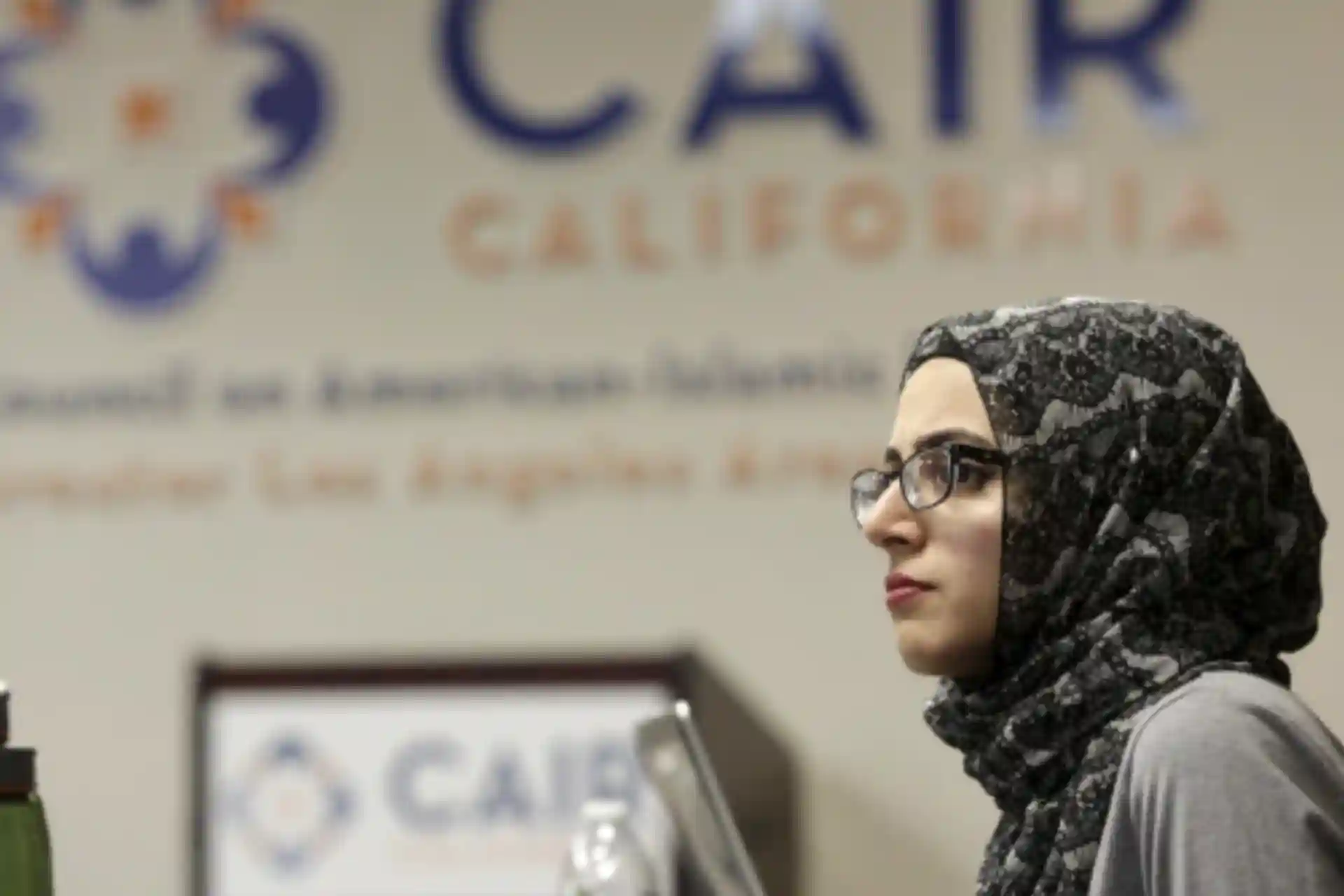A milestone in the rise of Islamophobia: the September 11 attacks
The USA managed to export Islamophobia to all the countries of the world under the slogan "Fight against Terror".
Twenty-three years after the September 11, 2001, terrorist attacks on the twin towers of the World Trade Center in New York City and the Pentagon in Washington, D.C., violence has been added to the growing wariness, discrimination, alienation, and even hostility toward Muslims and Islam in much of the world.
How did Islamophobia arise?
The origin of today's hostility towards Muslims and Islam, that is, Islamophobia, began much earlier than 2001. From the time when Islamic societies clashed with Christians in the 8th century to the Crusades in the 12th and 14th centuries, wariness, fear and hostility towards Islam and Muslims developed in the West.
During the conquest of Andalusia and the Ottoman rule in eastern Europe, both social and political foundations of hostility to Islam based on misconceptions, superstitions and slander were created. Although the anti-Semitism that arose between the two world wars replaced Islamophobia in the Western world of thought, the Iranian revolution of 1979, the presence of millions of Muslim "guest workers" in Europe, and the collapse of the Soviet Union in 1991 caused a new alienation of Islam and Muslims.
Economic problems in Europe following the 1973 oil crisis further intensified the marginalization and alienation of Turks and Muslims. As a result, in 1980, a Turkish citizen was killed by neo-Nazis for the first time in Germany. Especially in Germany, murder and terrorist activities against Turks increased year by year. Muslim homes and refugee camps were burned.
The wars in Chechnya and Bosnia in the 1990s also played an important role in increasing the hostility of the West towards Islam. In addition, international relations, which have become multipolar, have led to globalization, labor and student migration from developing Muslim countries to Western countries has increased significantly. Along with this growth, Christian communities that had been living in their own way only through biased media and misrepresentation in history books began to coexist with Muslims. While this process spawned a number of works such as The Dagger of Islam (1979), The Clash of Civilizations (1996), and video games and films that depicted Muslims as aggressors and terrorists, none of them did more than the terrorist attacks of September 11, 2011, in creating today's Islamophobia. was not as effective as the regular anti-Islamic propaganda carried out by subsequent politicians, intellectuals, academics and the media.
Islamophobia has been exported around the world
In a speech after the 9/11 attacks, then US President George W. Bush said he had declared a global war on terrorism, likening it to the Crusades. In this way, Bush has rekindled hundreds of years of suspicion, hatred, and marginalization. Bush tried to spread his doctrine to the whole world under the name of "War on Terror". According to the doctrine, all countries were forced to support the United States in the fight against "terrorism".
Thus, a global "war" has begun between the US and Muslims, who are designated as "terrorists". The USA invaded Afghanistan in 2001 and Iraq in 2003. New terrorist organizations that have emerged due to gaps in the power of these countries and surrounding areas have carried out attacks on a global scale. The actions and speeches of these organizations, which announced that they carried out these attacks in order to establish an Islamic state, were welcomed by the United States and European countries, the term "Islamic terrorism" was popularized, and Muslims were shown as violent terrorists who are hostile to human rights and democracy. In addition, the financial difficulties of the middle class after the global economic crisis of 2008 caused the rise of Islamophobia in the world.
A significant part of the societies of Europe and the United States saw the democratic institutions dominated by Muslim immigrants and elites as the main reason for the economic problems they are experiencing. Public support for far-right ideas and parties increased day by day.
Almost all parties and non-governmental organizations (NGOs) in the European ideological spectrum are losing their central position and becoming marginalized as a result of their right-wing and left-wing endorsement of similar ideas and slogans. As a reflection of Islamophobia, caricatures and hate speech against Muslims in the mass media, acts of burning the Holy Quran are increasing, violence and terrorist acts are also increasing. In Germany, which is one of the countries with the largest number of Muslims in Europe, there were 980 acts of violence against Muslims in 2001, 1,113 in 2008, 1,485 and 1,698 in 2015 and 2016, respectively. In the same years, the number of crimes under the influence of the extreme right was 14 thousand 725 in 2001, 20 thousand 422 in 2008, 22 thousand 960 and 23 thousand 555 in 2015 and 2016, respectively. In 2017, the number of people likely to join far-right groups was 24,000, and by 2021, this indicator has increased to 33,900.
But aside from historical hostility to Islam, the Western world, such as Europe or the United States, is not the only region where Islamophobia is on the rise. The USA managed to export Islamophobia to all countries of the world under the pretext of "fighting terrorism". In view of the brutality and oppression committed against Rohingya in Myanmar, Muslims in India, Uyghurs in China, terrorist attacks against Muslims and mosques in Germany, Canada, Sri Lanka and New Zealand, and finally the genocide carried out by Israel in Palestine and the unconditional support of the West for Israel. it becomes clear that Islamophobia has now become a global phenomenon....
Dr. Soner Taucher,
Faculty of Political Sciences of Sakarya University
teacher of international relations department



